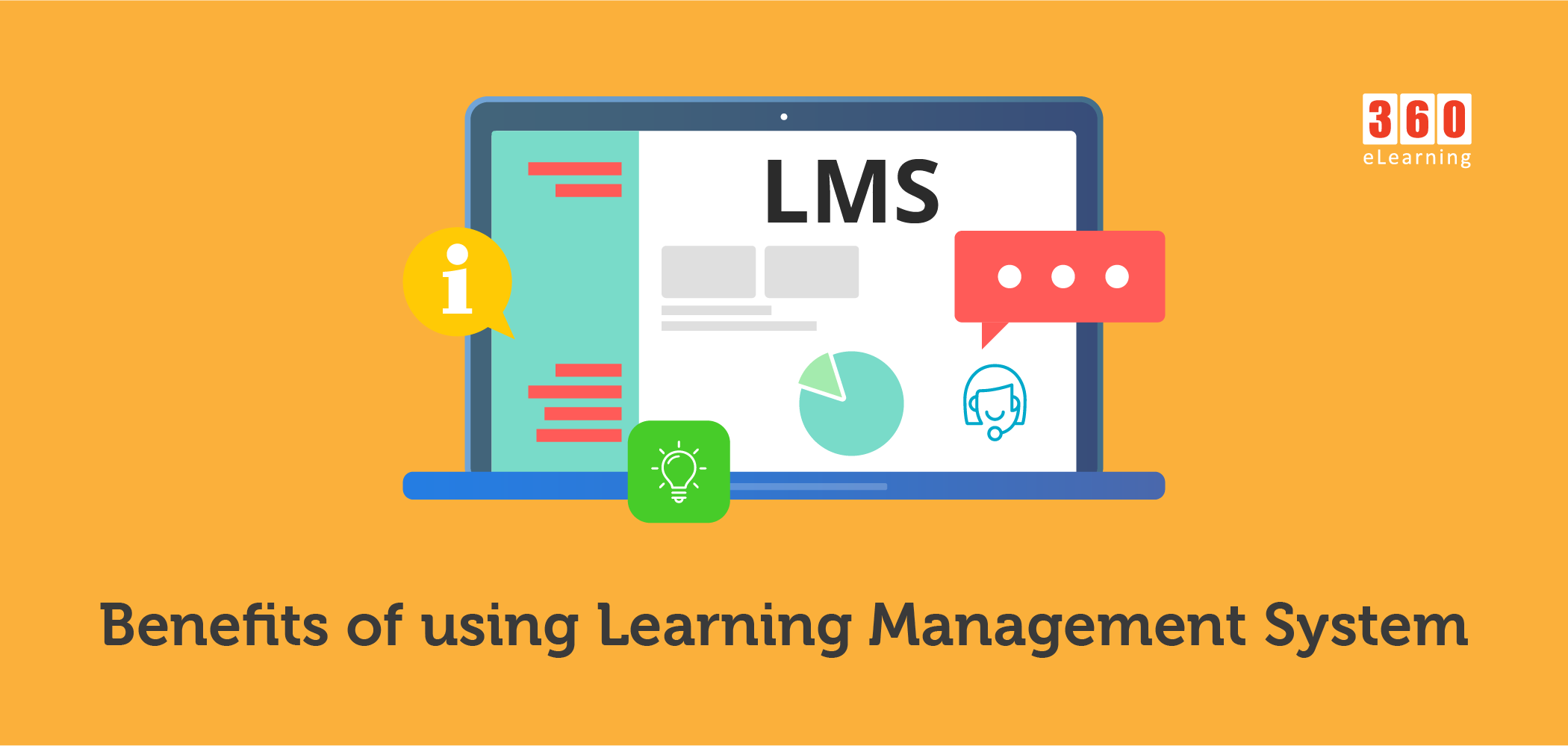Picking the Ideal Learning Monitoring System for Your Company
Selecting the optimal Understanding Management System (LMS) for your organization is a diverse decision that requires mindful consideration of various components. From specifying exact learning goals that reverberate with your tactical vision to evaluating user experience, each element plays a crucial duty in the total performance of the system. Additionally, recognizing combination capacities and guaranteeing scalability for future demands can not be ignored. As companies strive for effectiveness and development, the option of an LMS ends up being progressively substantial. What are the crucial considerations that can affect your decision-making process?
Specify Your Understanding Purposes
Defining clear understanding objectives is vital for the successful application of a Learning Monitoring System (LMS) These goals act as a roadmap, guiding the advancement of web content, evaluations, and general educational approaches within the LMS. By developing certain, quantifiable, attainable, appropriate, and time-bound (SMART) objectives, organizations can guarantee that the knowing experiences are lined up with their calculated goals and student demands.
Efficient discovering goals should encapsulate what learners are anticipated to recognize or have the ability to do upon completion of a course or training program. This clarity not only aids in web content creation yet additionally helps with the examination of student progress and the general efficiency of the LMS. Canvas Singapore. Moreover, well-defined objectives allow stakeholders to examine whether the picked LMS capabilities and functions straighten with their instructional objectives.
Assess User Experience
Once discovering objectives have actually been established, examining user experience becomes an essential following action in selecting a proper Learning Administration System (LMS) Individual experience encompasses the total satisfaction and simplicity with which learners communicate with the system. A well-designed LMS ought to facilitate instinctive navigation, ensuring that users can locate courses, products, and support effortlessly.
To analyze customer experience, think about conducting functionality screening with a depictive example of end-users. Trick elements to examine include the LMS's interface style, ease of access features, mobile compatibility, and the clarity of instructions provided.
In addition, evaluate the availability of support resources, such as tutorials and assistance facilities, which can boost the customer experience. The responsiveness of client assistance is also critical; prompt aid can considerably minimize irritations that customers may encounter. Ultimately, selecting an LMS that focuses on user experience not just enriches the learning procedure yet likewise fosters greater involvement and fulfillment amongst learners.

Evaluate Integration Capacities
Recognizing the importance of seamless capability, assessing integration abilities is critical when picking an Understanding Monitoring System (LMS) A reliable LMS needs to help with interoperability with existing systems, such as Human Resource Management Systems (HRMS), Customer Partnership Administration (CRM) systems, and various other educational tools. This integration enhances information circulation, minimizes management problems, and guarantees a Visit Your URL cohesive understanding atmosphere.
When analyzing an LMS, take into consideration the kinds of integrations provided. Search For Application Programs Interfaces (APIs), Single Sign-On (SSO) Homepage capacities, and pre-built connectors that simplify combination processes. In addition, confirm the LMS's capacity to integrate with third-party devices, such as material collections or assessment systems, which can significantly enrich the discovering experience.

Take Into Consideration Scalability and Flexibility
As companies evolve, the capability of a Discovering Monitoring System (LMS) to scale and adjust ends up being significantly essential. A scalable LMS can accommodate growth in user numbers, training course offerings, and material without jeopardizing efficiency or user experience. As organizations increase, whether through increased personnel, new locations, or varied training demands, the LMS should effortlessly expand along with these modifications.
Flexibility is just as vital; an efficient LMS has to support different learning techniques, such as online, mixed, and mobile learning. This versatility allows organizations to react quickly to emerging patterns in training and growth, making certain that they can offer interesting and relevant knowing experiences - LMS SG. In addition, the system needs to supply customizable attributes, allowing companies to tailor the LMS to their particular requirements Learn More Here and branding
Additionally, a flexible LMS should integrate easily with existing platforms and devices, assisting in a cohesive discovering ecological community. Thus, when choosing an LMS, it is crucial to assess not just its existing capabilities but additionally its prospective to adapt and expand abreast with the organization's strategic objectives and evolving learning needs. This insight can considerably boost the long-term viability of the selected LMS.
Evaluation Expenses and Budgeting
When reviewing a Knowing Administration System (LMS), evaluating costs and budgeting is important to guarantee that the financial investment aligns with the organization's tactical goals and financial capabilities. Organizations needs to begin by identifying the complete expense of possession, that includes licensing charges, implementation prices, upkeep, and any type of added costs such as training and technical support.
It is important to compare numerous LMS alternatives, as rates versions can vary significantly among suppliers. Some systems may use a subscription-based model, while others might bill a single charge. Organizations must likewise take into consideration the scalability of the LMS; as they grow, the expense structure may alter, affecting lasting budgeting.

Final Thought
Selecting an ideal Knowing Management System (LMS) is vital for accomplishing organizational learning objectives. An extensive evaluation of user experience, integration abilities, scalability, and financial considerations makes certain that the selected LMS lines up with critical goals and learner requirements. By systematically addressing these variables, companies can improve discovering end results, facilitate smooth operations, and assistance future development. Ultimately, the appropriate LMS acts as a crucial tool in promoting an efficient understanding atmosphere and driving business success.
Picking the optimal Understanding Administration System (LMS) for your company is a diverse decision that requires cautious consideration of numerous components.Specifying clear understanding purposes is essential for the successful execution of a Discovering Monitoring System (LMS)Once finding out goals have been established, reviewing user experience ends up being an essential following step in choosing a suitable Discovering Monitoring System (LMS)As organizations develop, the capability of a Learning Management System (LMS) to scale and adjust ends up being increasingly crucial.Selecting an ideal Knowing Management System (LMS) is crucial for accomplishing organizational understanding purposes.